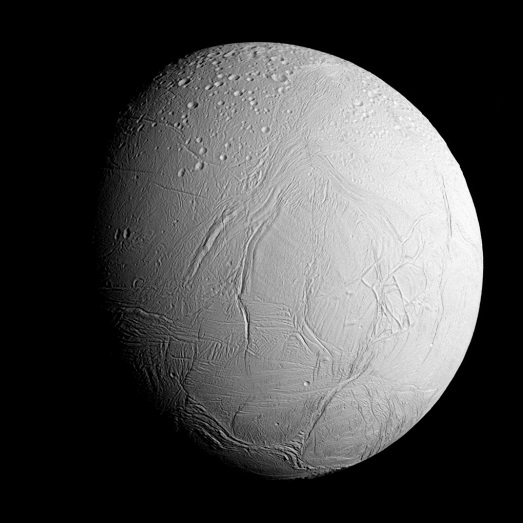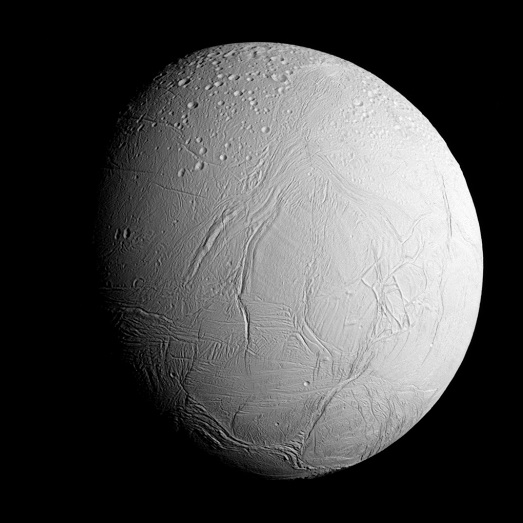In the last episode, we know that water bears could survive the impact with a speed up to 0.9 km/s. The speed at which an object hits the surface of a planet or a moon is related to factors like the mass of the celestial object, impact altitude and the container's material, etc. Different members in the Solar System have different impact speeds:
Earth: 18 km/s
Moon: 2.5 km/s
Phobos (a moon of Mars): 1 - 4.5 km/s
Europa (Jupiter's moon): 1.3 – 1.4 km/s
Enceladus (Saturn's moon): 0.1 - 0.16 km/s
That is to say, water bears could survive the impact at Enceladus or celestial objects with similar conditions.
Many scientists who have been exploring the origin of life on Earth asked the question "Are we alone in the Universe?" The experiment on water bears has indicated that some life forms may have arrived on Earth from outer space, or even traverse interstellar space via small bodies like asteroids. Such a hypothesis is known as panspermia.
Although this research has not considered the effect of strong radiation in space on water bears, literature has pointed out that some bacteria or spores could still be alive after being exposed to cosmic rays.
To know more about the study, you may read the article published by the research team in Astrobiology. Online version: https://www.liebertpub.com/doi/full/10.1089/ast.2020.2405




